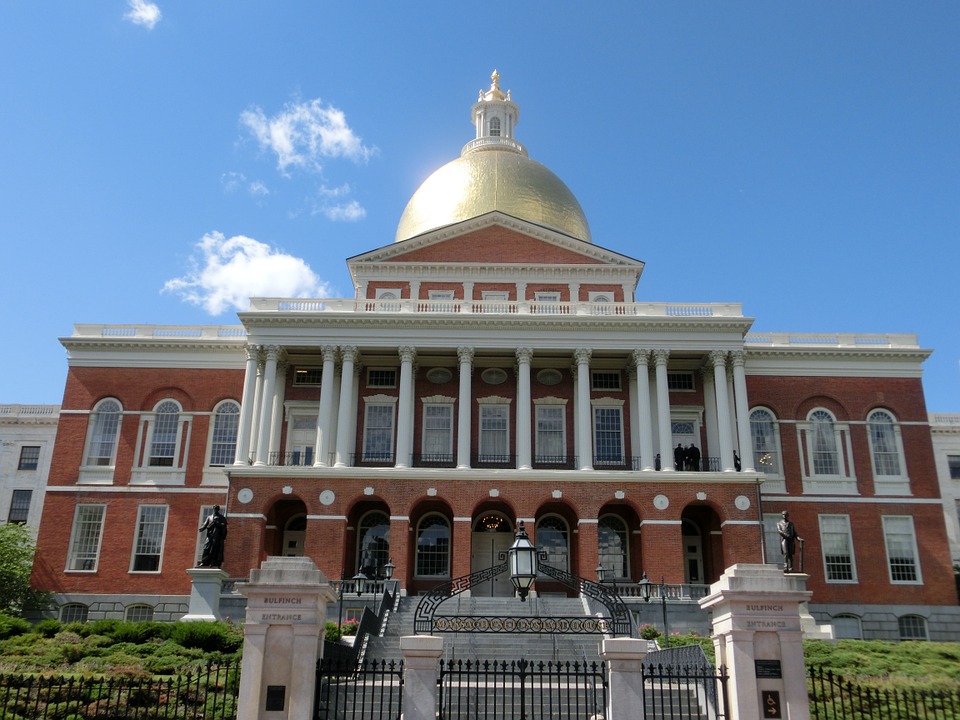This past Wednesday, the MA Senate voted 31-6 to extend the state’s lodging tax to short-term rentals. A few weeks ago, the House passed their own version of the bill by a vote of 117-30. [Read our 3/20/18 post: http://blog.weneedavacation.com/2018/03/20/ma-house-passes-initial-approval-lodging-tax-regulation-bill/] The House bill imposes three different tax rates, depending on the number of units an owner rents, and requires the Department of Revenue to maintain a short-term rental registry.
Both the House and Senate also approved an amendment to add a 2.75% surcharge for the Cape and Islands to help fund the region’s estimated $4 billion wastewater cleanup project. The House bill, however, does not require traditional hotels/inns to pay the wastewater surcharge, whereas the Senate bill would require both short-term rentals and hotels/inns to pay it.
Legislators estimate that the tax would generate about $34 million in new state revenue and $25 million from local taxes. In addition to legislators across the state and local political boards, Cape and Islands Chambers of Commerce are in favor of the proposed lodging tax.
A Long History
It’s clear that lawmakers are concerned about investors in Boston and neighboring cities and towns who are renting multiple building units as short-term rental units without any regulations, driving out longer-term tenants who can’t afford rising rents. In recent years, all of the other New England states have implemented occupancy or lodging taxes for private short-term rentals.
For 12 years, we have voiced our opinion about the negative consequences of this tax on the Cape and Islands through the media and meetings with legislators at the State House. Many of you have written to legislators to voice your concerns as well.
The Next Steps
A joint committee of House and Senate negotiators will be formed to come up with a compromise version of the bill, and the resulting bill will be sent to Governor Baker for signing. Legislators hope that a final vote can take place before the current legislative session ends on July 31. Any bill that is ultimately passed would take effect after the 2018 rental season. But it is still unclear at this point when the tax would be levied for the following season.
When a joint committee is formed to come up with a final bill, we will let you know. At that point, we will all have one last chance to voice our thoughts and concerns to the committee members. Although there is little doubt at this point that a lodging tax bill will be imposed on short term vacation rentals, we believe that we might still have a mitigating impact on its final outcome. Whereas the 5.7% state tax appears to be all but a given, the wastewater tax, for example, could perhaps be included within the local tax rather than added to it.








I do not really understand this tax.
I do not believe the State has the right to tax our homes used as rental property.
Our homes are ours to decide what to do with them, whether to rent them however much time we decide
or simply to live in them ourselves.
In other words, what we do with our property(ies) is our private business and not that of the State;
especially if, without our say so, that tax monies raised is being used for specific projects that our
property or State taxes ought to be used for and which can be raised by other means such as an increase
in the Sales Tax or gasoline tax.
I did not agree in building my house or acquiring my parents house through inheritance that the State
came along as part of the deal. I pay property tax and State taxes yearly for both and that is enough.
I do not think it is a fair or equitable tax, and thus I do not think the State has the right to tax me.
Thank you.
Given the proposed legislation from both chambers as a “given”, my primary concern is subjecting a rented premises, whatever size, to local inspectors for “safety” issues such a fire extinguishers, ingress and egress according to the ever increasingly imposition of handicapped access to a house or room, handicapped bathrooms, and all other issues which seem to creep into the accommodations universe.
Also, Governor Baker’s version included an exception to rental days per unit total days rented fixed at 150 days or less. There needs to be some support of that term of the pending legislation as it removes a substantial number of properties rather informally rented out by families from the administrative burden looming on a local basis.
Too much of this legislation has been characterized as a pecuniary Model. There are many folks who rent out a home seasonally to meet many of the current costs of ownership, which has a year round cost, as opposed to seasonal. Seasonal rentals are not always Airbnb prototypes. Now everyone is deemed Airbnb. Grossly overstated by the legislation.
Dear Joan:
We greatly appreciate both your excellent services, as well as your advocacy on behalf of us as homeowners who are trying to round out our ownership costs with some summer rentals. We are following the Lodging Tax issue
carefully and hope it won’t cause us to finally sell our Onset home if it becomes too onerous a burden beyond the already-heavy repair costs of maintaining property in the Cape area with the increasing severity and length of winters here.
Please keep up the good work and we will continue to follow your newsletters with interest.
Best Wishes,
Joan Marcy, Trustee
Marcy Family Trust (MFT)
It is getting to where this is becoming un-doable. We have a lot of downward pressure on our rents, so lower income, while costs are going up and up.
This is frightening for owners like myself for whom the rental property is also their residence and we rent it in order to pay to keep our homes. I have written to both my senator and representative, and will Governor Baker, begging for an exemption for single-home owners whose rental property is their primary and sole residence and who have to leave their homes in order to rent them out to travelers. It is a very different thing to have a tax imposed on a second, third, fourth investment property than it is one’s home, and I hope the legislators will recognize that drastic distinction.
This law would still require ANYONE who rents to register with a town or state to show that they comply with the law and would have to comply with all Board of Health regulations even if you rent for one day a year.
In most towns that provide water and sewer, the sewer bill is tied to the amount of water used. Any increase in sewer usage would be paid for by the increase in water usage.Also, many of us that rent our houses have septic systems that have to be pumped out based on usage. If renters flush more often, we as homeowners pay to have our septic systems pumped out more often at our cost.Would the State or Town like to reimburse us for that?